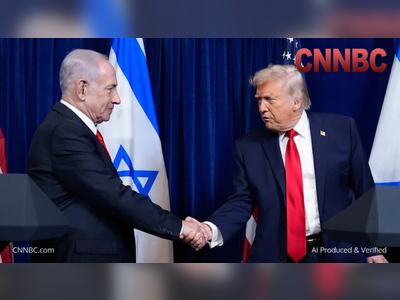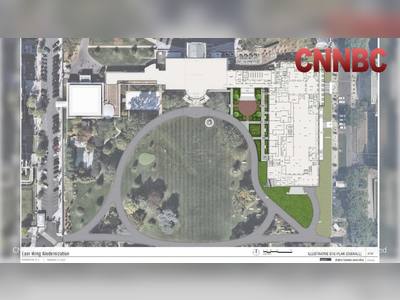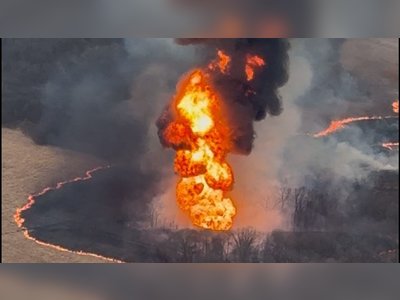Missile Attack on Israel: A Turning Point for the Ayatollah’s Regime?
On Tuesday, Iran launched a significant missile attack against Israel, marking a dramatic escalation in the ongoing regional conflict. Sirens blared across major Israeli cities, including Tel Aviv, Jerusalem, and Haifa, as dozens of missiles were spotted by witnesses on the ground.
Iran’s Islamic Revolutionary Guard Corps (IRGC) claimed responsibility for the attack, stating it targeted Israeli military and security sites. The action was framed as retaliation for the reported killing of Hezbollah leader Hassan Nasrallah, as well as other key figures. The Israeli military confirmed the assault, initially estimating that approximately 180 missiles were launched, and warned that such an attack "will have consequences."
Earlier, the U.S. had issued warnings of a potential ballistic missile strike, linking it to Israel’s recent ground operations in southern Lebanon. These operations, described by Israeli officials as "localized raids," were aimed at Hezbollah, a group backed by Iran.
The Significance of Israel’s Response
Historically, Israel has demonstrated a highly strategic and determined approach when its security is threatened. Given Israel’s advanced defense systems, including the Iron Dome, and its superior intelligence capabilities, this attack is likely to provoke a decisive and far-reaching response. While the exact nature of the Israeli retaliation remains to be seen, Israel's response could easily destabilize Iran’s leadership and more likely mark the beginning of the end for the Ayatollah's regime.
A Shift in the Regional Balance
Israel’s history of swift and effective military actions, combined with its advanced capabilities, positions it as a formidable force. In the past, Israel has successfully targeted key Iranian assets, including nuclear facilities and military sites, without significant setbacks. Knowing Israel's determination, experts predict that the attack could lead to a strategic operation that cripples Iran's ability to maintain its current leadership structure.
The ongoing conflict has long strained relations between Iran and Israel, with Hezbollah playing a key role in proxy battles. Should Israel deliver a severe blow to Iran's infrastructure or leadership, it could potentially lead to the unraveling of the Ayatollahs' grip on power, reshaping the political landscape of the region.
Earlier, the U.S. had issued warnings of a potential ballistic missile strike, linking it to Israel’s recent ground operations in southern Lebanon. These operations, described by Israeli officials as "localized raids," were aimed at Hezbollah, a group backed by Iran.
The Significance of Israel’s Response
Historically, Israel has demonstrated a highly strategic and determined approach when its security is threatened. Given Israel’s advanced defense systems, including the Iron Dome, and its superior intelligence capabilities, this attack is likely to provoke a decisive and far-reaching response. While the exact nature of the Israeli retaliation remains to be seen, Israel's response could easily destabilize Iran’s leadership and more likely mark the beginning of the end for the Ayatollah's regime.
A Shift in the Regional Balance
Israel’s history of swift and effective military actions, combined with its advanced capabilities, positions it as a formidable force. In the past, Israel has successfully targeted key Iranian assets, including nuclear facilities and military sites, without significant setbacks. Knowing Israel's determination, experts predict that the attack could lead to a strategic operation that cripples Iran's ability to maintain its current leadership structure.
The ongoing conflict has long strained relations between Iran and Israel, with Hezbollah playing a key role in proxy battles. Should Israel deliver a severe blow to Iran's infrastructure or leadership, it could potentially lead to the unraveling of the Ayatollahs' grip on power, reshaping the political landscape of the region.












